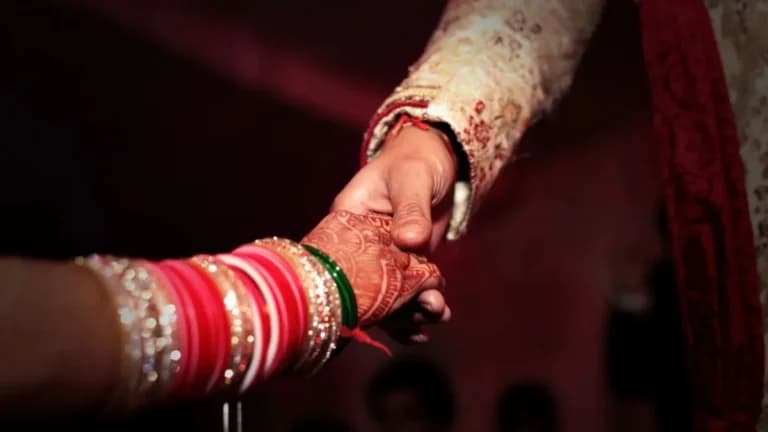The Supreme Court on Tuesday affirmed the conviction of three men from Pune district - Haribhau @ Bhausaheb Dinkar Kharuse, Rajendra Bhivrao Shirwale, and Subhash Raghunath Pawar - for their role in a 1999 murder that stemmed from a violent altercation during a family wedding. The apex court dismissed their appeals, concluding that they were part of an unlawful assembly that executed a coordinated attack resulting in one death and multiple injuries.
“The evidence on record leaves no room for doubt that the appellants actively participated in a premeditated assault,” the bench of Justices Vipul M. Pancholi and Prashant Kumar Mishra observed.
Read also:- Supreme Court rules preference shareholders not financial creditors under Insolvency Code
Background
The case traces back to April 1999, when multiple weddings were taking place in the Gholap family at Kari village in Pune. A minor fight during one of the processions turned into a deadly feud. The next day, on April 27, a group of six men intercepted a jeep carrying Ankush Gholap and his relatives near Navi Ali.
According to eyewitnesses, the attackers arrived on motorcycles armed with sharp weapons. The group dragged the victims out of the jeep and launched a frenzied assault. Ankush was killed on the spot, while two others sustained grievous injuries.
The trial court in Pune had convicted only two of the accused for murder, acquitting the others for lack of evidence. However, the Bombay High Court later reversed that acquittal, holding five of them guilty under Sections 302 and 307 read with Section 149 of the Indian Penal Code (IPC). Three of them-Kharuse, Shirwale, and Pawar-challenged the High Court’s ruling before the Supreme Court.
Read also:- Calcutta High Court Quashes Multiple FIRs Against Suvendu Adhikari, Calls Them "Politically Motivated
Court’s Observations
During the hearing, the defence argued that there was no proof of a “common object” to commit murder and that contradictions in witness statements cast serious doubt on the prosecution’s story. They also claimed that one of the accused was not even named in the FIR and that no weapon was recovered from Kharuse.
The bench, however, found these arguments unconvincing. It noted that three eyewitnesses-two of them injured survivors-gave clear, consistent, and corroborated testimony about the role of each accused.
“The depositions of PW-1, PW-7, and PW-9 are natural and mutually supportive on all key points,” the court said, emphasizing that their accounts were further reinforced by medical reports showing multiple deep injuries consistent with knife and sattur (cleaver) attacks.
Read also:- Supreme Court Deletes Adverse Remarks and Fine Against Uttarakhand State Election Commission
Rejecting the defence claim of spontaneous violence, the court said, “The manner in which the accused arrived together, armed with deadly weapons, and the coordinated nature of the assault show clear premeditation. Their conduct reflects a common design to commit murder.”
The bench also underlined the settled principle that under Section 149 IPC, every member of an unlawful assembly can be held vicariously liable for offences committed in pursuit of its shared objective-even if they did not deliver the fatal blow themselves.
Decision
Concluding that the High Court had correctly reversed the “unsustainable acquittal” by the trial court, the Supreme Court upheld the life imprisonment of all three appellants.
Read also:- Supreme Court Restores Acquittal of Andhra Labour Officer in Rs.3,000 Bribery Trap, Slams "Speculative"
“The prosecution has proved beyond reasonable doubt that all three appellants shared the common object to commit murder. There is no perversity or illegality in the findings of the High Court,” the judgment stated.
With this order, the 26-year-old case finally reached its conclusion - affirming the life sentences of the three men for their role in the deadly wedding-day attack.
Case: Haribhau @ Bhausaheb Dinkar Kharuse & Ors. vs State of Maharashtra (2025)
Case Type: Criminal Appeal Nos. 1755 of 2011 & 150–151 of 2013
Citation: 2025 INSC 1266
Bench: Justice Vipul M. Pancholi and Justice Prashant Kumar Mishra
Court: Supreme Court of India
Date of Judgment: October 29, 2025















